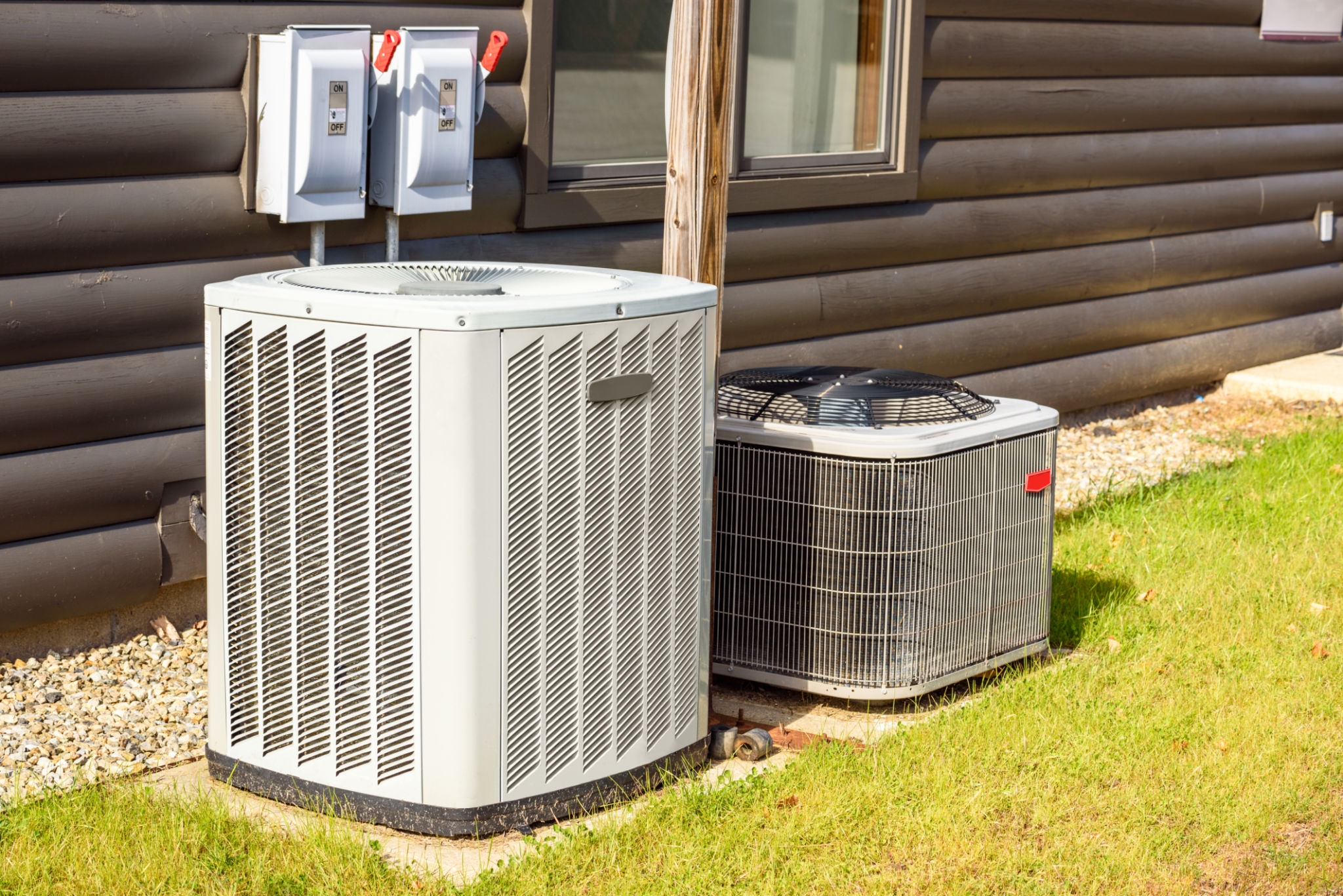Expert Insights: The Future of HVAC Systems in Commercial Buildings
Revolutionizing Efficiency in HVAC Systems
In recent years, the HVAC industry has witnessed significant technological advancements, particularly in commercial buildings. As businesses strive for greater efficiency and sustainability, the future of HVAC systems is poised to transform dramatically. This shift is driven by a combination of innovative technologies and the increasing need for energy-efficient solutions.
Commercial buildings consume a substantial amount of energy, with HVAC systems accounting for a significant portion of that usage. As such, optimizing these systems is crucial for reducing operational costs and minimizing environmental impact. Let's explore some expert insights into how the future of HVAC in commercial buildings is shaping up.

Smart Technology Integration
One of the most prominent trends in HVAC systems is the integration of smart technology. These systems are becoming increasingly automated, allowing for real-time monitoring and adjustments that optimize performance. Smart thermostats and sensors can adjust temperature settings based on occupancy and usage patterns, leading to significant energy savings.
The use of IoT (Internet of Things) in HVAC systems enhances connectivity and data analytics. Building managers can now access detailed insights into system performance, energy consumption, and maintenance needs, allowing for proactive management and improved energy efficiency.
Emphasis on Sustainability
As businesses become more environmentally conscious, the demand for sustainable HVAC solutions is on the rise. Energy-efficient systems not only reduce carbon footprints but also lower utility bills. Innovations such as geothermal heat pumps and solar-powered HVAC units are gaining popularity as they offer renewable energy solutions for heating and cooling.

Additionally, the use of eco-friendly refrigerants with lower global warming potential (GWP) is becoming increasingly important. Regulations are pushing manufacturers to develop systems that comply with environmental standards, ensuring that commercial buildings are equipped with sustainable HVAC solutions.
Advanced Air Quality Control
Post-pandemic, there has been a heightened awareness of indoor air quality (IAQ) in commercial spaces. Modern HVAC systems are now equipped with advanced filtration technologies that effectively remove contaminants and allergens. Improved IAQ not only enhances occupant comfort but also contributes to better health outcomes.
Air purification systems using UV-C light and HEPA filters are becoming standard in new installations, ensuring cleaner and healthier indoor environments. This focus on air quality is expected to continue shaping the development of future HVAC technologies.

The Role of Predictive Maintenance
Predictive maintenance is another emerging trend in the commercial HVAC sector. By leveraging data analytics and machine learning, building managers can anticipate system failures before they occur. This proactive approach reduces downtime and extends the lifespan of equipment, resulting in cost savings and improved reliability.
With predictive maintenance, sensors collect data on system performance and identify patterns that may indicate potential issues. This allows for timely interventions and efficient resource allocation, ultimately enhancing the overall performance of HVAC systems.
Conclusion: A Forward-Looking Perspective
The future of HVAC systems in commercial buildings is undoubtedly exciting. As technology continues to evolve, these systems will become smarter, more efficient, and environmentally friendly. Businesses embracing these advancements will not only benefit from cost savings but also contribute to a more sustainable future.
Staying ahead in the competitive commercial real estate market requires adapting to these changes. By investing in cutting-edge HVAC technologies, businesses can ensure they meet both economic and environmental goals while providing comfortable and healthy indoor environments.
